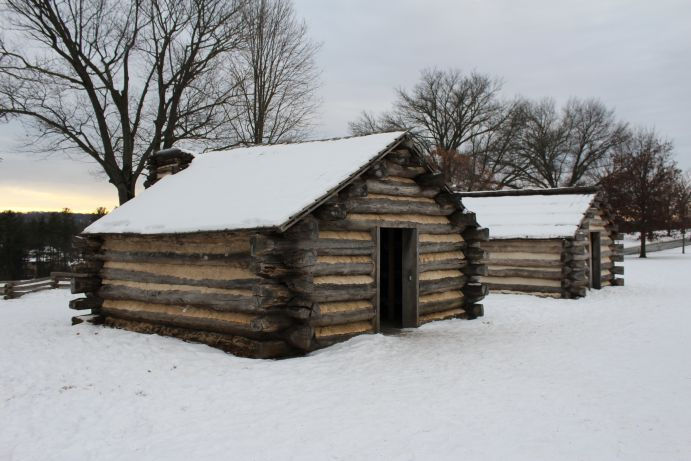New Jersey and Ohio: My 2025 Speaking Schedule
- Anneliese Abbott

- Jan 2, 2025
- 3 min read

Now that the holidays are over, tis the slow season for farmers. While the fields are covered with snow, we plan for the next growing season, read farming books by the fire—and attend farming conferences. This winter, I’m excited to announce that I will be speaking at two organic farming conferences! On January 25, I’ll be giving two lectures at the Northeast Organic Farmers Association of New Jersey (NOFA-NJ) winter conference. Then, on February 14, I’ll be teaching a workshop at the Ohio Ecological Food and Farm Association (OEFFA) annual conference.
The title of my first lecture at the NOFA-NJ conference is “Soil and Health: The Philosophies That Shaped Organic Farming.” This lecture is a historical journey to the roots of organic farming philosophy in the 1930s and 1940s. I’ll talk about how organic farming began as a fusion of three distinct health-related movements—the quest for soil health, nutritional health, and spiritual health. I’ll put historical figures like Sir Albert Howard, Weston Price, and Ehrenfried Pfeiffer in their historical context. Next, I’ll tackle the tricky topic of whether organic farming should be equated with “traditional agriculture”—and explain how that term has meant very different things to different groups of people over the years. Finally, I’ll touch on another controversial topic—whether organic farming is “scientific.”
My second presentation for NOFA-NJ is the same one I’ll be sharing at the OEFFA conference. It’s titled, “Can Organic Feed the World? Science, the Cold War, and Organic Farming.” Back in the 1970s, agricultural leaders like Earl Butz and Norman Borlaug claimed that organic farming couldn’t feed the world. But where did that idea come from, and was it ever based on science? I’ll explain how the feeding the world argument grew out of Cold War geopolitics, Neo-Malthusian ideas, and racist ideas of “progress.” Then I’ll explain why agricultural scientists—especially agronomists—felt like they had to attack organic farming and environmentalism to protect their life’s mission of feeding the world. Finally, I’ll touch on how this Cold War rhetoric continues to influence discussions about “organic,” “sustainable,” and “regenerative” even today.
If you happen to be in New Jersey or Ohio during either of these conferences, I invite you to stop by my sessions. If not, no worries—most of this information is going to end up in my book, and I’ve touched on many of these themes in my blog posts and will continue to do so. If there’s another conference you’d like to hear me speak at next year, let me know when the deadline for applications is (usually sometime in the summer), and I’ll submit a proposal. I’m happy to speak anywhere, anytime, as long as the sponsoring organization is willing to pay my travel expenses. I’m launching a new speaking schedule page on my website, which I will update with future speaking engagements.
When I’m not speaking at conferences, I plan to spend most of my time this winter working on my book. After visiting archives last year, I think I have the information I need to finish it. I’ve collected way too much information on organic farming to fit it all into one book, and there may be others. But this one is going to focus on how organic farming originated, why scientists claimed it couldn’t feed the world, and how those arguments still affect organic farming today. My working title for now is The Cold War Against Organic. No guarantee I’ll get the manuscript finished by the end of 2025, and the publishing process will take another year—but I finally have a clear vision for what the book is going to be. Stay tuned for more updates in 2025!



Comments